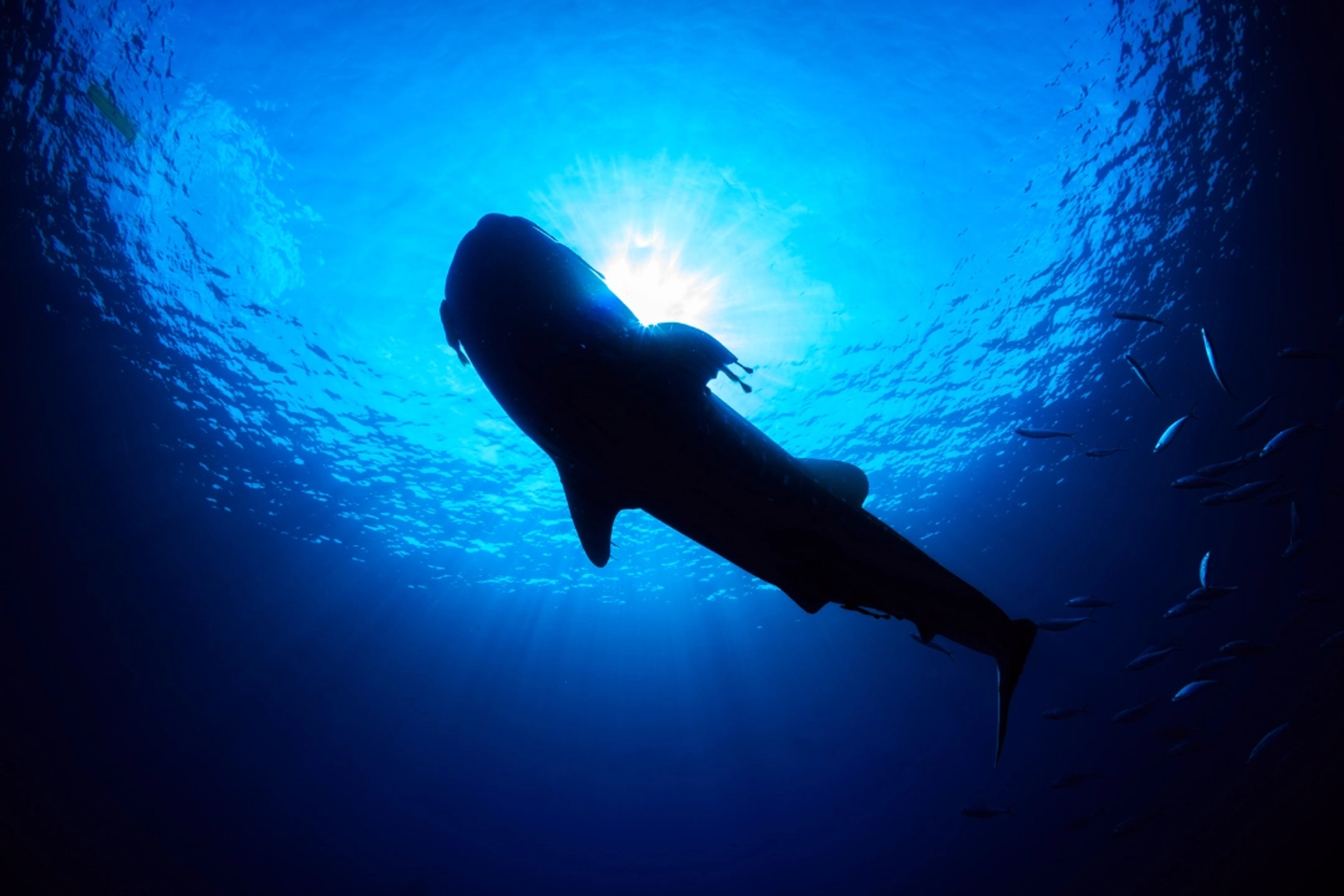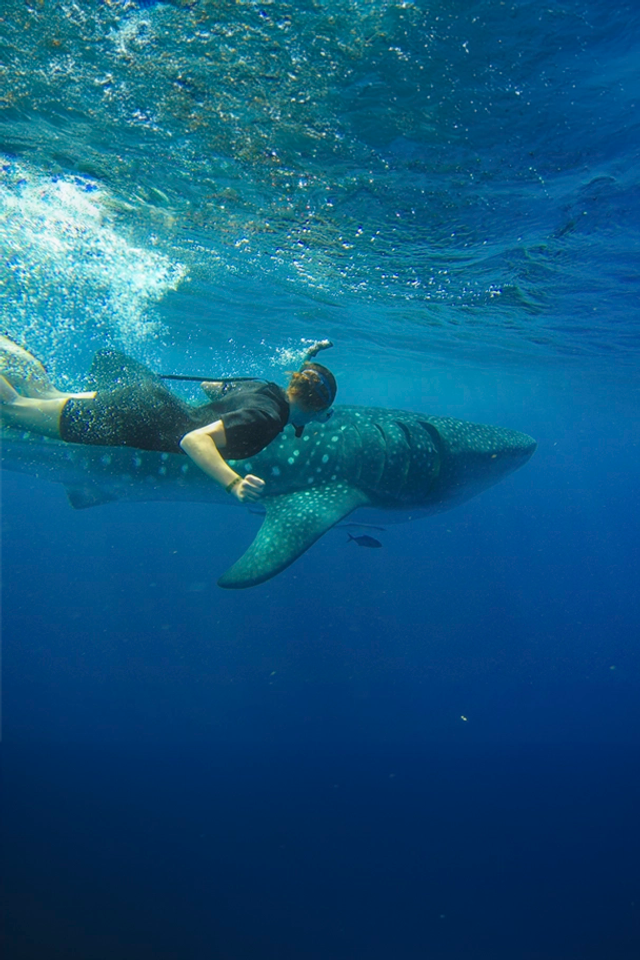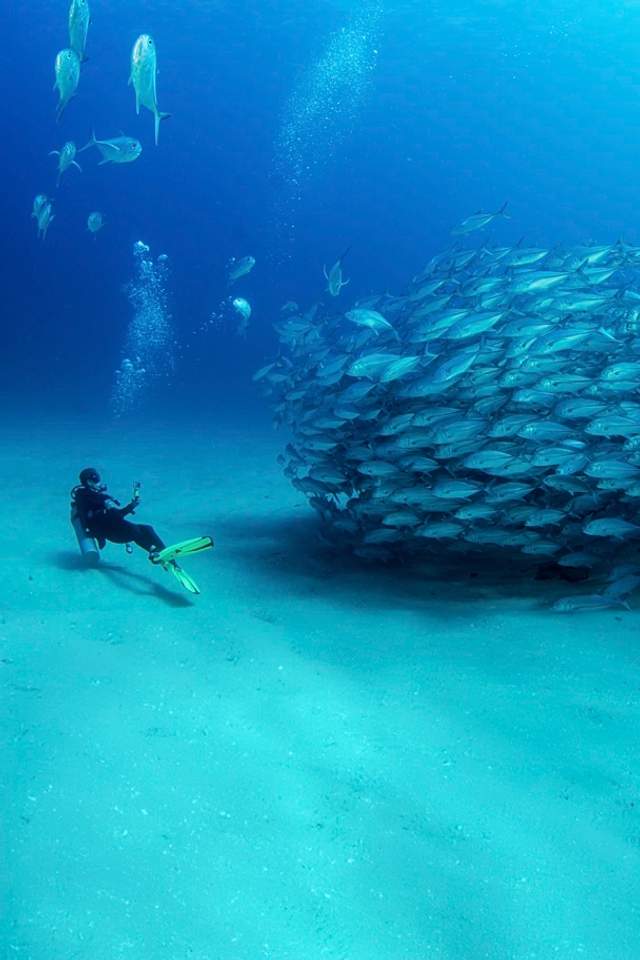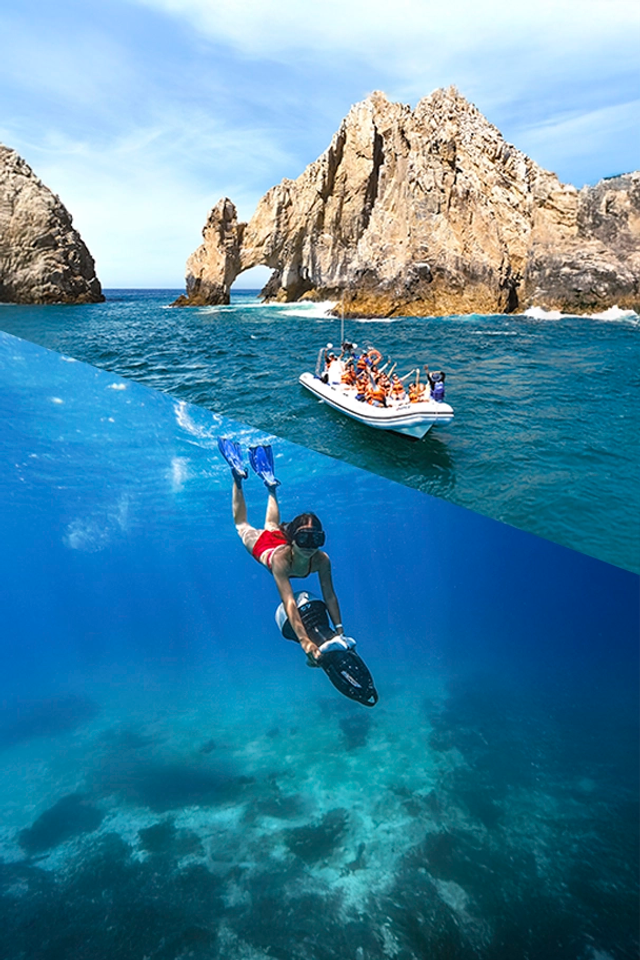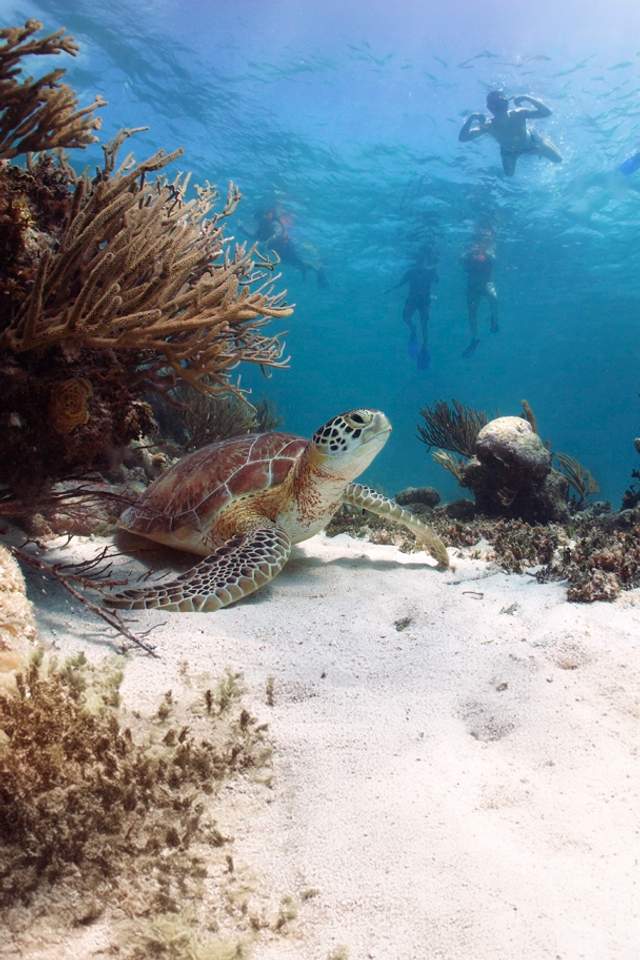ARE THERE SHARKS IN CABO?
Great white sharks swim in the waters of Baja California, but there's nothing to fear. In fact, a face-to-face encounter with the sharks of the Sea of Cortez might be just what you need on your trip to Los Cabos.
Does the idea of sharks lurking around make you scared? This is all due to the movie “Jaws” and other representations of sharks, which have given them a rather negative reputation. Although their teeth can be terrifying, for the most part, beachgoers have nothing to fear from the sharks of the Sea of Cortez.
If you’re planning a vacation to Cabo San Lucas, you might be worried about encountering great white sharks in the Sea of Cortez. While great white sharks have been spotted offshore, you don’t need to worry about your safety if you’re on the shore. In fact, the favorite part of your trip to Los Cabos might be spending quality time with some of the sharks of the Sea of Cortez. (P.S., we’re talking about whale sharks, not great white sharks).
Are there sharks in Baja California?
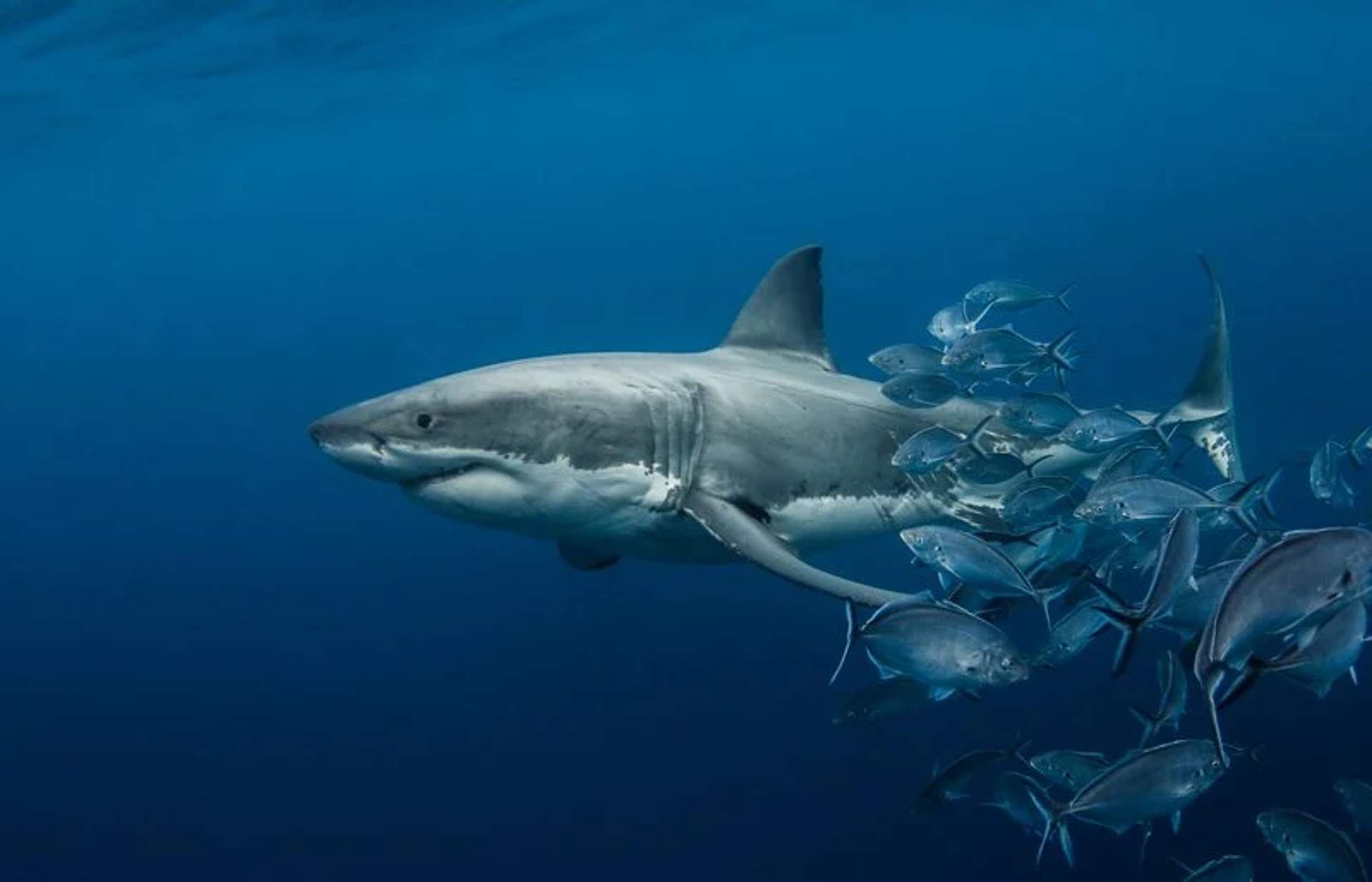
Yes, indeed! The seas surrounding Baja California are filled with great white sharks. Guadalupe, a volcanic island about 150 kilometers off the coast, hosts colonies of seals and is one of the largest populations of great white sharks in the world.
Scientists have also discovered that the area is a nursery for newborn sharks. Although they are not exactly sure where they give birth, they discovered that Sebastian Vizcaino Bay (located halfway down Baja California and 500 miles south of San Diego) is usually home to baby sharks, and they take care of them as they grow until they are adults; almost all of California's coast is considered a great white shark sanctuary, although sightings of young sharks are rare.
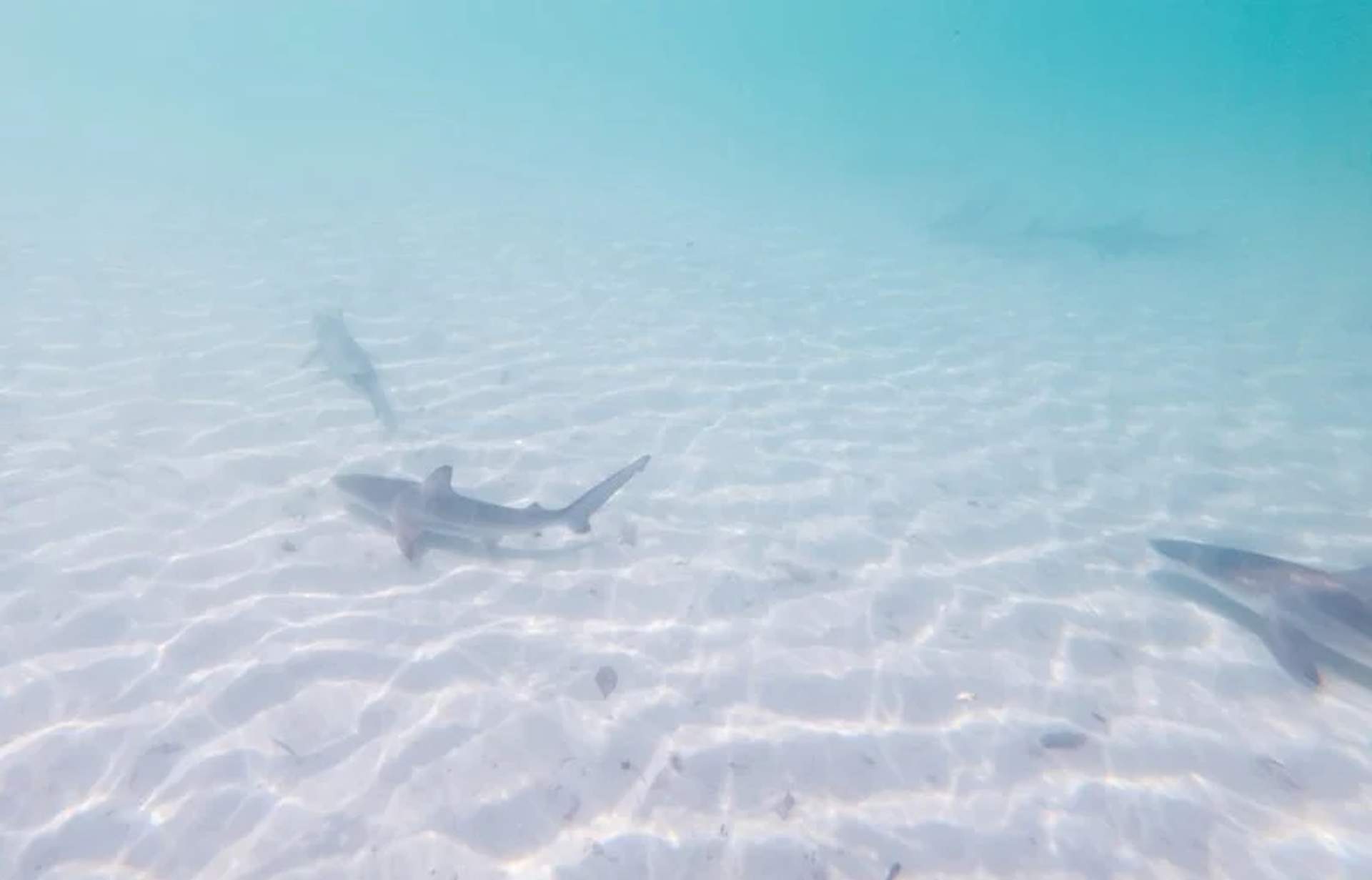
Are there sharks in the Sea of Cortez?
Yes, it's known that great white sharks venture from Guadalupe Island closer to the coast. But if you're on vacation in Los Cabos, should you worry about a shark attack? Not really.
While the large teeth of the great white shark are intimidating, and there have been incidents involving sharks, humans are not on the menu for great whites. They delight in their primary prey, seals, which is why they stick close to their habitat around Guadalupe Island.
Despite their bad reputation, great white sharks in the Sea of Cortez won't devour you; in fact, you're more likely to have an accident falling out of bed than being bitten by a shark. In 2018, only 66 shark attacks were recorded worldwide, and only 6 of those were fatal, compared to 40,000 people who lost their lives in car accidents in 2018 (just in the United States alone).
The chances of encountering a great white shark in the Sea of Cortez in the wild and being attacked are slim. However, if something does make you nervous, head to shore and report it to the nearest authorities.
Safe places to swim in the Sea of Cortez
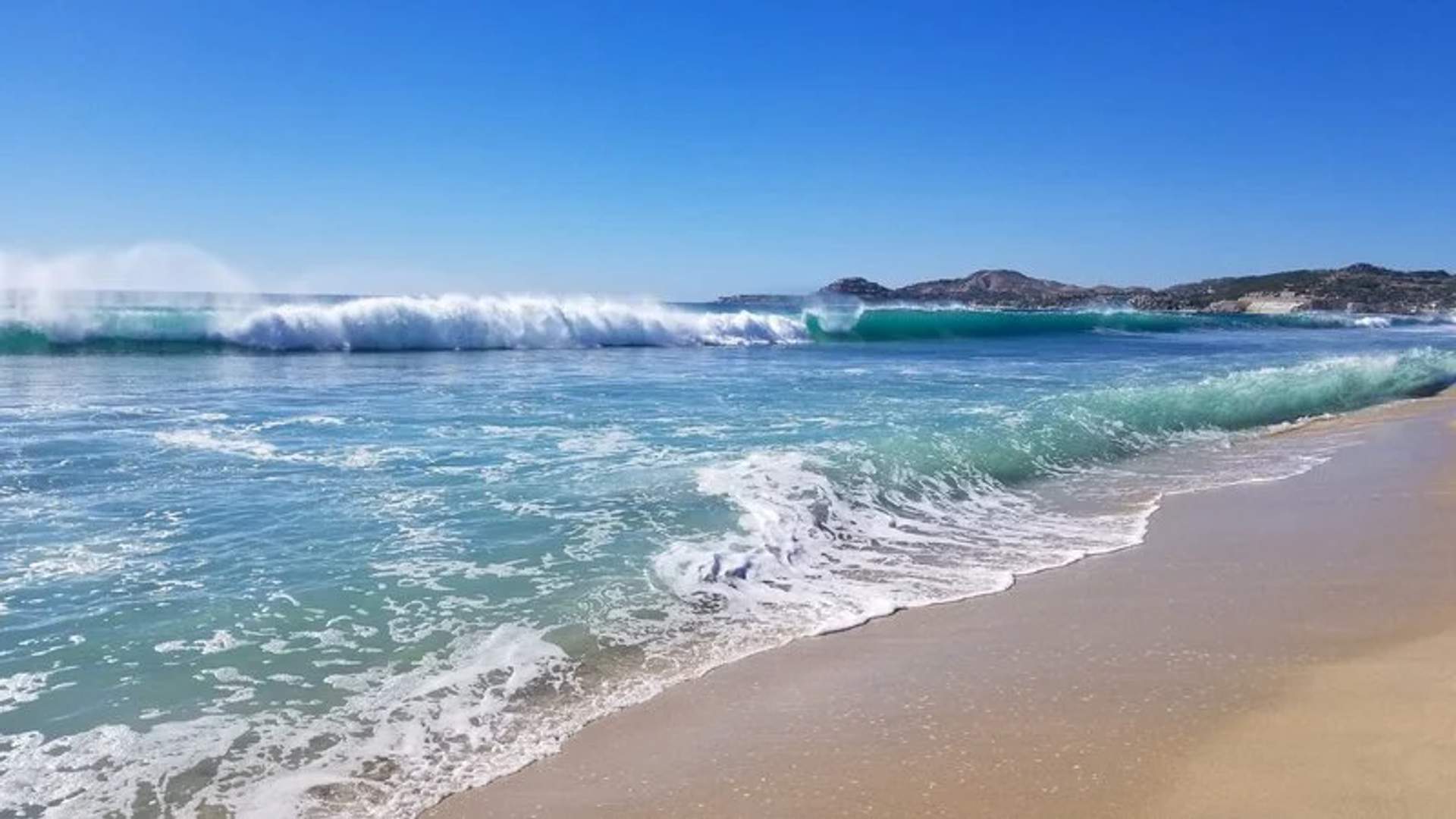
While the beaches of Cabo are turquoise blue and have white sand, most are not suitable for bathing and swimming; it is not because of great white sharks in the Sea of Cortez, but rather due to strong waves and undertows, which make the beaches a dangerous place to swim. However, there is no need to worry, as there are designated safe beaches such as:
- Medano Beach
- Lover's Beach
- Santa Maria Beach
- Chileno Beach
- Palmilla Beach
Enjoy the whale sharks up close.
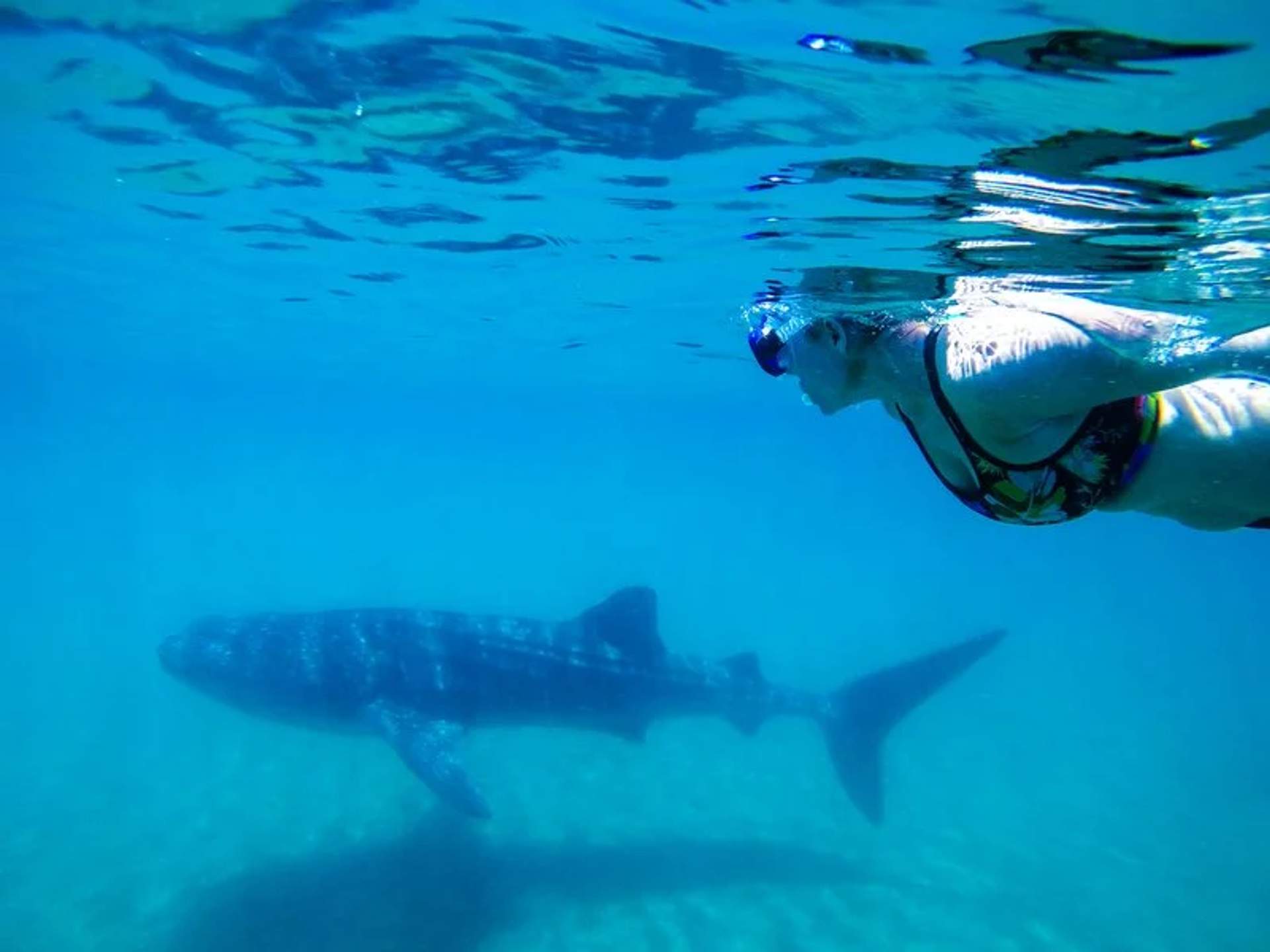
The Sea of Cortez is home —for much of the year— to one of the ocean's most tranquil creatures: the whale shark. Don't let the name scare you; these beautiful sharks in the Sea of Cortez are nothing like the devouring sharks in movies. In fact, their nickname is "Gentle Giants". Whale sharks are the largest fish in the ocean. They feed on microscopic plankton —and certainly not on people— and are an endangered species found only in tropical waters.
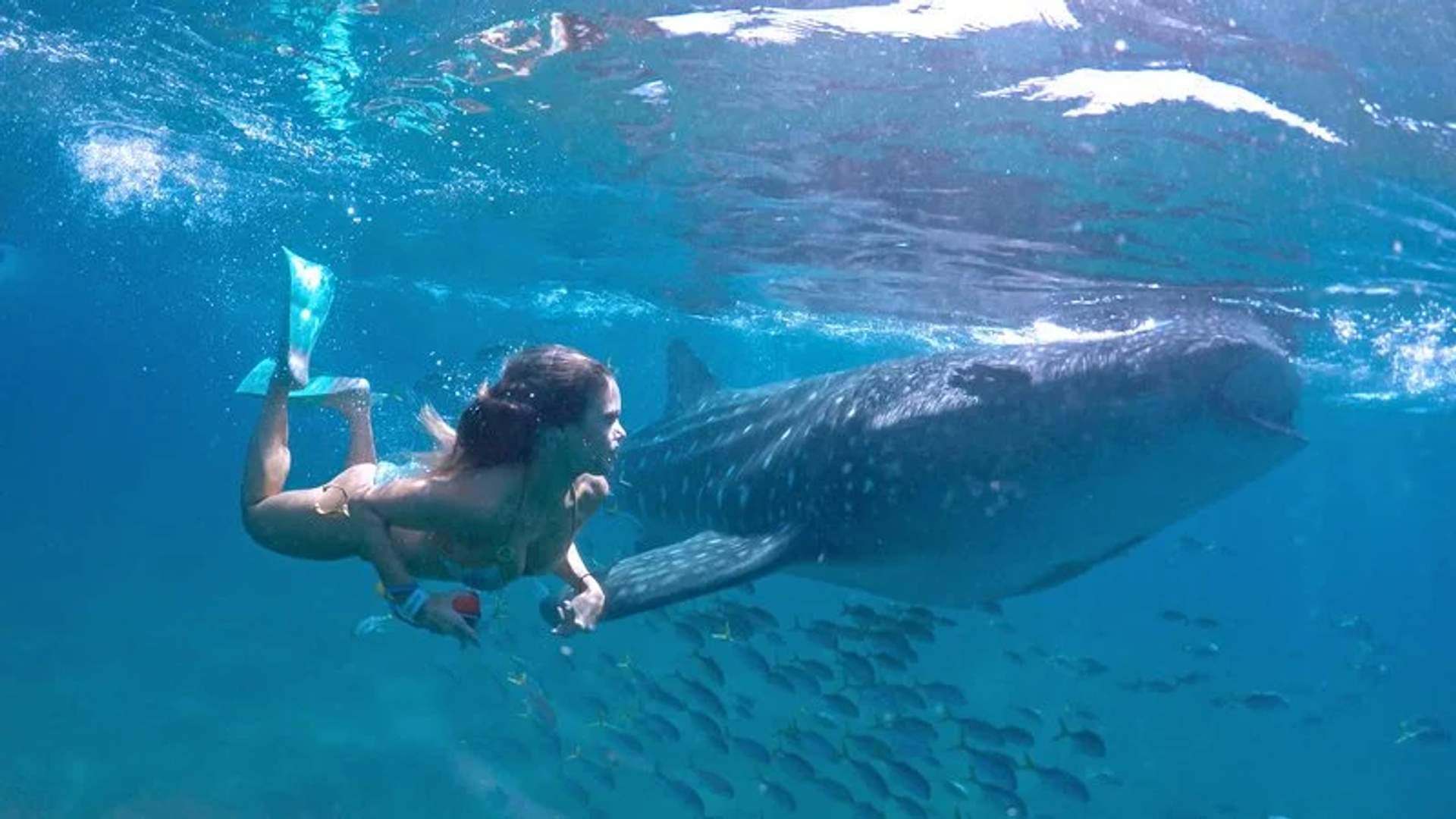
These giants gather near Cabo San Lucas every year from October to April. One of the favorite activities for visitors in Los Cabos during this time is swimming with whale sharks. Swimming with whale sharks in their natural environment will give you a close and personal look at this incredible species; spending time face-to-face with these fish —with a trained guide— is a once-in-a-lifetime and completely safe experience. Your time with whale sharks will redefine your perception of "shark".
If you visit Los Cabos during whale shark season, you can sign up for a whale shark encounter experience, or if you prefer an exclusive tour, come with your friends and family.
Interested in swimming with whale sharks? Book an exciting excursion to La Paz, a sanctuary for whale sharks, with Cabo Adventures.
